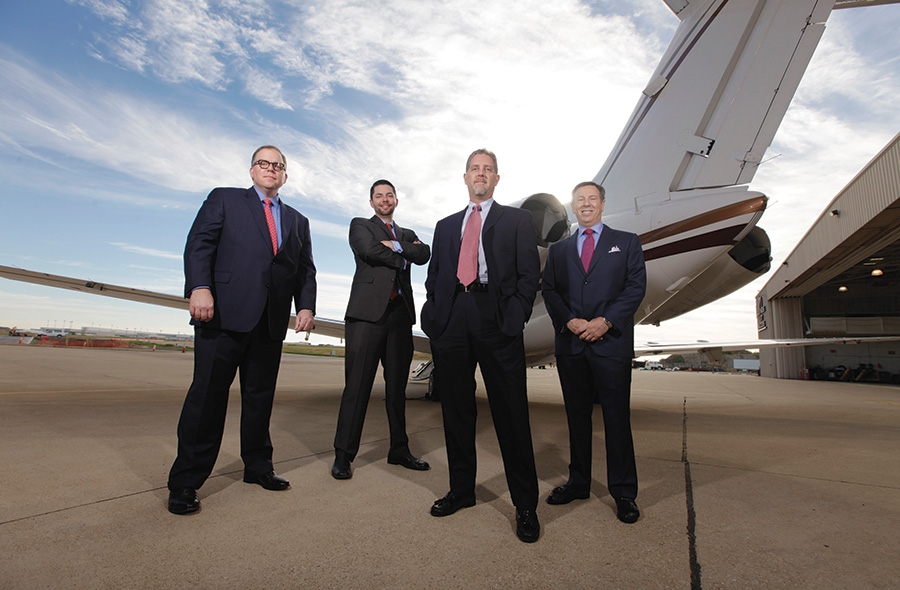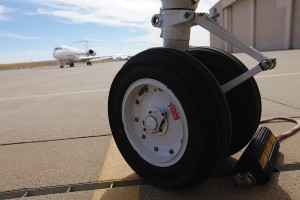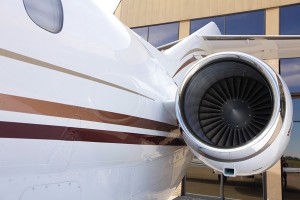
Compliance, Taxation and Risk Management are Three Great Reasons
As a prospective or current owner, lessee or operator of a private aircraft, have you identified the myriad legal issues that pertain to your aircraft, and have you already resolved them? If not, you may unnecessarily pay higher taxes, violate federal law, accept less than balanced terms in your buy, sell, financing or other transactions.
FAA and FAR
The Federal Aviation Administration (FAA) enforces commercial and non-commercial regulations under its Federal Aviation Regulations (FAR). Under FAR Part 91, you must conduct “non-commercial” operations with few exceptions. To illustrate, you cannot allow your single-purpose entity to operate your aircraft or let your friends use the airplane “at cost.” The FAA considers both these activities as commercial operations, which trigger additional regulations and constitute violations that may result in substantial civil penalties.
IRS and State Tax Concerns
For many aircraft owners, federal income tax and related expense deductions are a primary concern. While aircraft ownership can be tax beneficial, many owners often overlook key issues involving, for example, passive ownership structures and limitations on deductions arising from personal use. Also of concern is the assessment of the federal excise tax (FET) on commercial air transportation services. Inadvertently conducting what the IRS considers to be a commercial operation could lead to a very big and unplanned FET bill.
Most states also impose various forms of taxes on the ownership and use of aircraft within their jurisdictions, but these taxes are not based solely on where you take delivery or in which state you are incorporated. Far more important is where your airplane will be based. With significant tax revenue at stake, states have gotten very good at finding airplanes that are hangared within their jurisdictions, and as a result, a growing number of aircraft owners are being hit with very large, unexpected tax bills, plus penalties and interest.
Risk Management
When risk mitigation is a concern, investigate the use of a FAR Part 135 ownership structure, where the charter operator — not the aircraft owner — shoulders the risk. However, if you are comfortable with the greater potential risk of operating your own aircraft, then arguably the best way to mitigate this risk is to make sure that (1) the operating structure is set up legally and under the correct FAR operating rules, (2) you are running a safe and professional operation, and (3) you fully disclose your structure to your insurance carrier in order to secure the right policy, with the highest possible liability limits.
Financing
Obtaining appropriate financing can be a great way to deploy cash into higher-earning business investments, manage your cash flow and transfer risk to the financier. However, aircraft financing is a unique niche with wide nuances. For example, lenders and lessors fear the inevitable loss in value of their collateral, and they try to put that risk on you while attempting to limit increasingly real threats of loss or confiscation outside the U.S. It is important to understand the dynamics and limitations among lenders and lessors in the highly competitive financing market so you obtain the best pricing and customized financing terms.
Start Out On the Right Foot
Owning and operating an aircraft can be a great thing, but it is vitally important to put together the right team — technical support as well as legal support — to make sure you understand what you are getting into before you close the deal. Although this may add to the upfront expenses, doing things by the book from the start will help bypass the chance for uncomfortable regulatory investigations or potentially crippling fines or taxes that await those who rush into the process.






